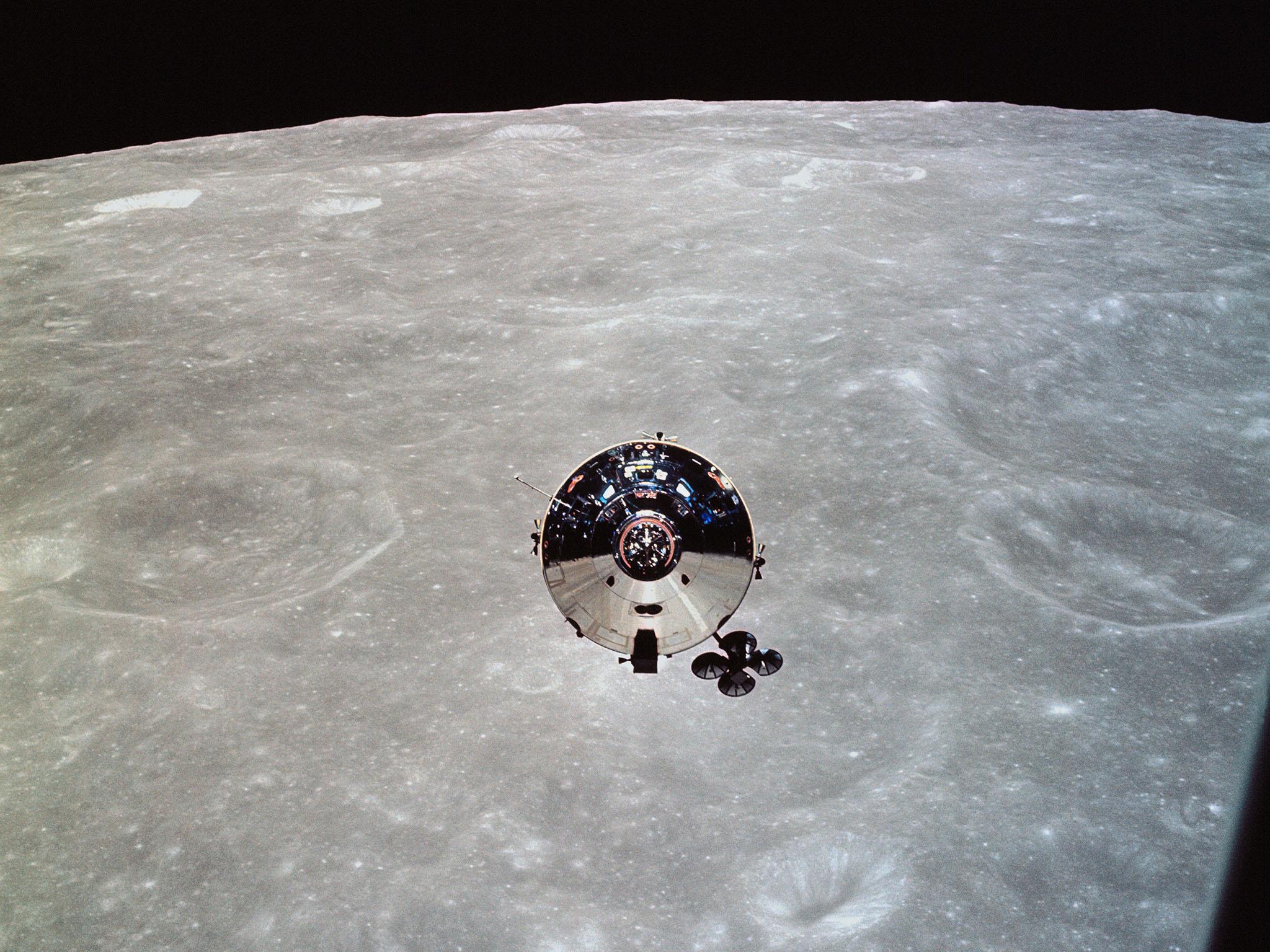Apollo 10: The spacecraft that almost landed on the moon 50 years on
It’s been 50 years since Apollo 10 was launched towards the moon. Mick O’Hare reckons that Apollo 11’s lesser-known sibling finally deserves its moment in the spotlight

It’s a great pub quiz question. What’s the fastest human beings have ever travelled? And what were they travelling in when they did it? No it’s not Lewis Hamilton in a 200mph Mercedes Formula 1 car. The answer is a whopping 24,791mph and the men who did it were sitting in a metal cone with less space inside than a family hatchback. That’s quick. Even the world’s fastest fighter jets struggle to muster 2000mph.
That metal cone, part of the Apollo 10 spacecraft, was launched towards the moon atop a huge Saturn V rocket in May 1969, and is the only part that returned to Earth. It now resides in London’s Science Museum. Apollo 10 was the dry run for the moon landing that would, just two months later, entrance the entire planet. And while the attention of the world will once again focus on the deeds of Apollo 11 and its crew when the 50th anniversary rolls round in July, its lesser-known sibling also deserves its moment in the spotlight. For if things had gone badly in May, Neil Armstrong would not have been making his “small step” onto the moon’s surface on 21 July.
“It was the dress rehearsal for Apollo 11,” says Doug Millard, a senior curator at the Science Museum and the man overseeing the priceless spacecraft in London. “If it had gone wrong, that would have put the programme back months, and John F Kennedy had promised that America would have a man on the moon – and returned safely – by the end of the decade.”
Subscribe to Independent Premium to bookmark this article
Want to bookmark your favourite articles and stories to read or reference later? Start your Independent Premium subscription today.
Join our commenting forum
Join thought-provoking conversations, follow other Independent readers and see their replies